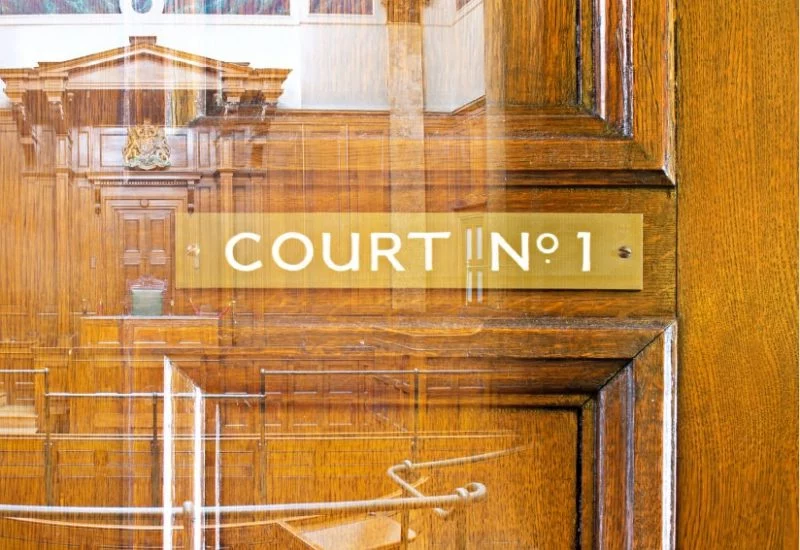- 18 Jun 2020
- •
- 2 min read
Court refuses to allow claimant to rectify MOJ Portal settlement error

In a recent decision a County Court has refused to allow a Claimant to rectify an error which led to a claim being settled for a tenth of the figure intended.
The issue arose in the case of Mahoney v Royal Mail, a personal injury claim which proceeded through the MOJ portal process for low value road traffic accidents. The Claimant had obtained their evidence and submitted a stage 2 settlement pack. The Claimant made an opening offer of £5,750 for pain, suffering and loss of amenity (PSLA), the Defendant responded with a counter-offer of £4,000. The Claimant then attempted to make an offer of £5,550 but missed a five off the offer.
Unsurprisingly, the Defendant quickly accepted the offer and made the appropriate payment to the Claimant.
The solicitors for the Claimant attempted to return the payment to the Defendant and sought to withdraw their offer. The Defendant maintained that the offer had been accepted and the claim for PSLA was therefore compromised for the sum of £550.
The Claimant brought Part 7 proceedings and the Defendant made an application to strike out the claim. The application to strike out the claim was made on the basis that the claim had already settled and the proceedings were an abuse of process.
The court decided that the offer and acceptance would stand. The judge indicated that the doctrine of mistake could not come to the assistance of the Claimant as it does not apply to the MOJ Portal processes due to them having their own, self-contained code. It was decided that common law principles generally would not apply to the portal processes as they are self-contained – similar to Part 36 of the CPR.
This decision follows on from previous cases where errors within the portal have not been capable of correction using the doctrine of mistake. Judges in these cases have considered that to allow mistake to apply to the portal would lead to satellite litigation and undermine the certainty, speed and cost that the portal processes are meant to afford the parties.
Outside of the process it is agreed that the doctrine of mistake would have assisted the Claimant.
This case is a stark reminder that the parties need to be careful when making offers through the portal processes. A simple slip can lead to a serious issue for either party.
It also means that a party who is on the receiving end of the type of offer made in this case, can accept it and make payment safe in the knowledge that the other party will not be able to rely upon mistake to assist them.





